Even with Apple Intelligence tools and a fresh look for iOS, most iPhone upgrades happen when the old phone breaks down, not when Apple ships something new.
Apple's WWDC 2025 was packed with announcements. The company unveiled a renumbered iOS, and a new design language.
While it didn't say that much about it at WWDC, Apple's making a big push into artificial intelligence with Apple Intelligence.
But none of it is likely to move the needle much on iPhone sales.
The reason is simple — the iPhone is no longer a breakthrough device. It's a mature product with a long upgrade cycle.
Most users are replacing their phones because of hardware failures, not flashy features like AI.
Hardware fatigue still drives iPhone upgrades
Consumer Intelligence Research Partners (CIRP) has at iPhone purchasing data. The firm's latest report, covering the 12-month period ending March 2025, shows that 67% of iPhone buyers replaced their devices because of some kind of degradation or failure.
That includes 40% who upgraded because of slower performance, battery issues, or screen damage. Another 27% were forced to replace a phone that was lost, stolen, or no longer functional.
Only 13% of buyers cited new features like better cameras, improved displays, or faster performance as the reason for upgrading. And fewer than 10% mentioned things like switching carriers, taking advantage of promotions, or handing a phone down to someone else.
A mature market with incremental innovation
CIRP asks the question, "Will AI Push Customers to New iPhones?"
The answer is a resounding "no" and it has been for about a decade, although some analysts thought otherwise. Apple Intelligence by name hasn't been around for that long.
But Apple's machine learning efforts haven't been a reason to upgrade since Siri's introduction.
Before the COVID-19 pandemic, most iPhone users held onto their devices for about three years. That steady pattern shifted in 2021, when aggressive trade-in offers and expanded carrier subsidies led to a temporary surge in earlier upgrades.
During that period, more users replaced their phones within two years, motivated by financial incentives rather than necessity. But by 2023, the trend reversed.
Users began holding onto their phones longer again, reflecting both improved device durability and economic caution. More recent data shows a modest swing back toward shorter upgrade cycles.
In late 2024, a growing share of buyers at 36% had upgraded within two years, up from 31% the year before. While the majority still replace their phones due to hardware failure, promotions and financing deals are quietly influencing behavior.
The shift suggests that affordability and convenience can accelerate the decision to upgrade, even in a mature market.
The slower replacement trend is the reality of smartphones in current times. The iPhone, like most flagship phones, has reached a level of maturity where each annual update is more about refinement than reinvention.
The days when a new camera sensor or chip could prompt a mass wave of early upgrades are over.
Apple's embrace of artificial intelligence fits into this pattern. Apple Intelligence may help keep the platform current and competitive. However, people aren't flocking to upgrade because of it.
Most people will experience these features only when they eventually buy a new phone, not because they are compelled to do so.
Advanced AI features can help Apple retain loyalty, defend market share, and create value for those on newer models. But in a saturated market with long-lasting hardware and high prices, user behavior is shaped by necessity.
 Andrew Orr
Andrew Orr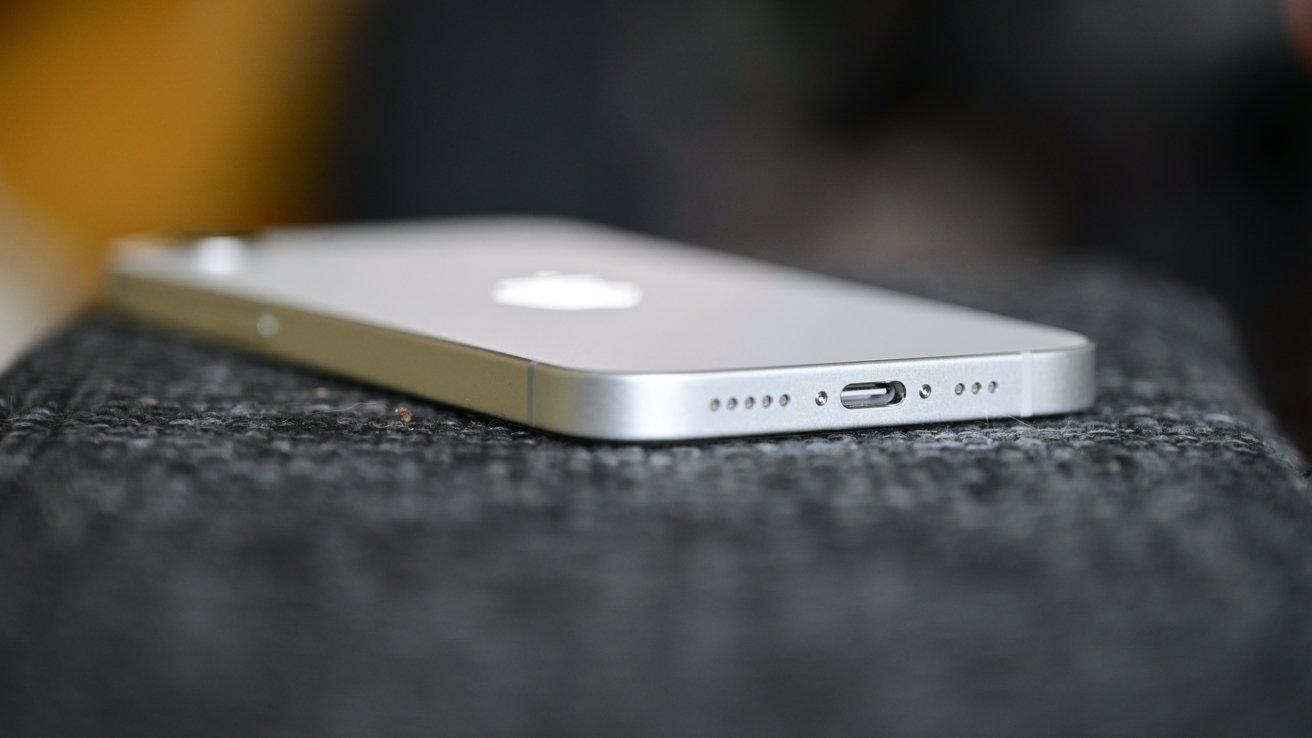
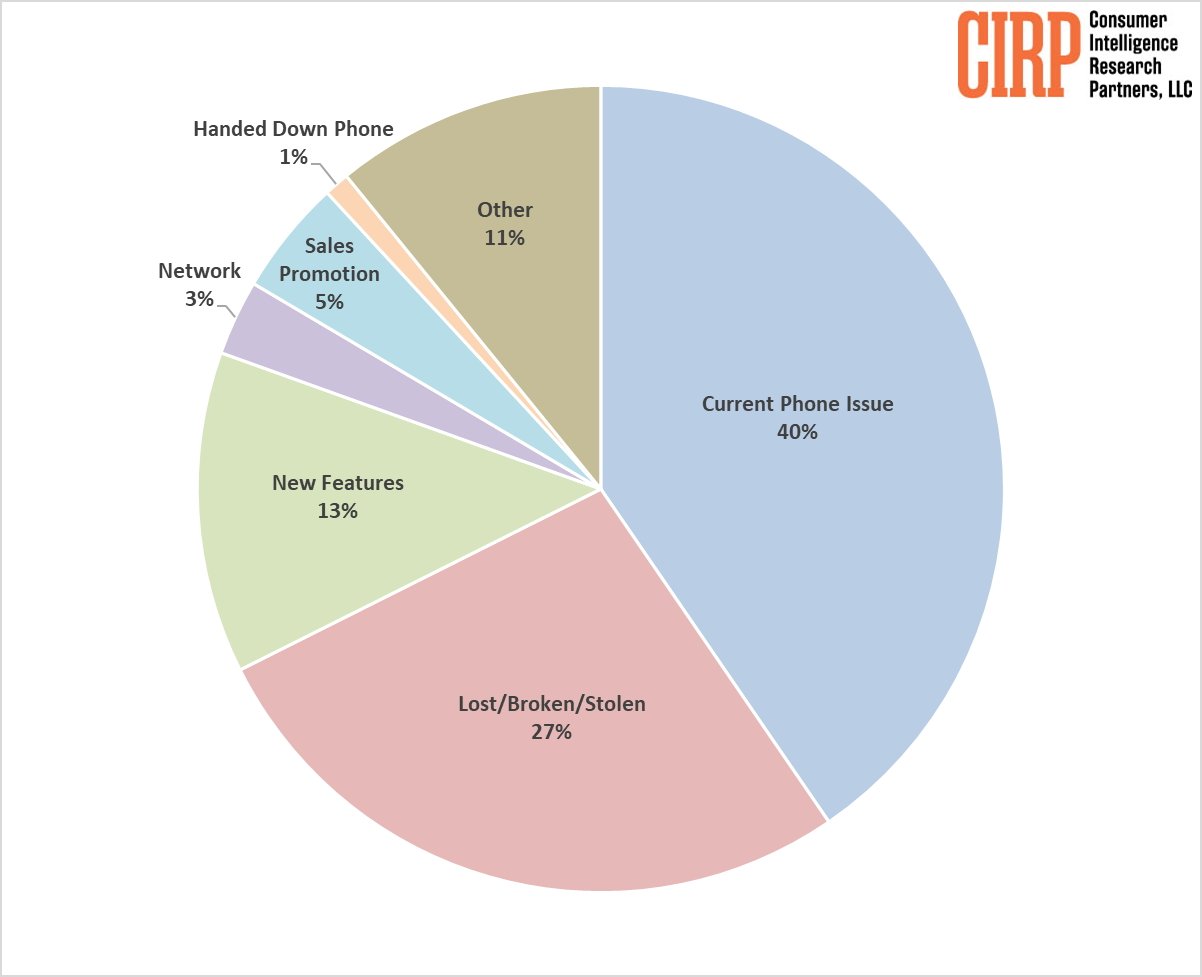
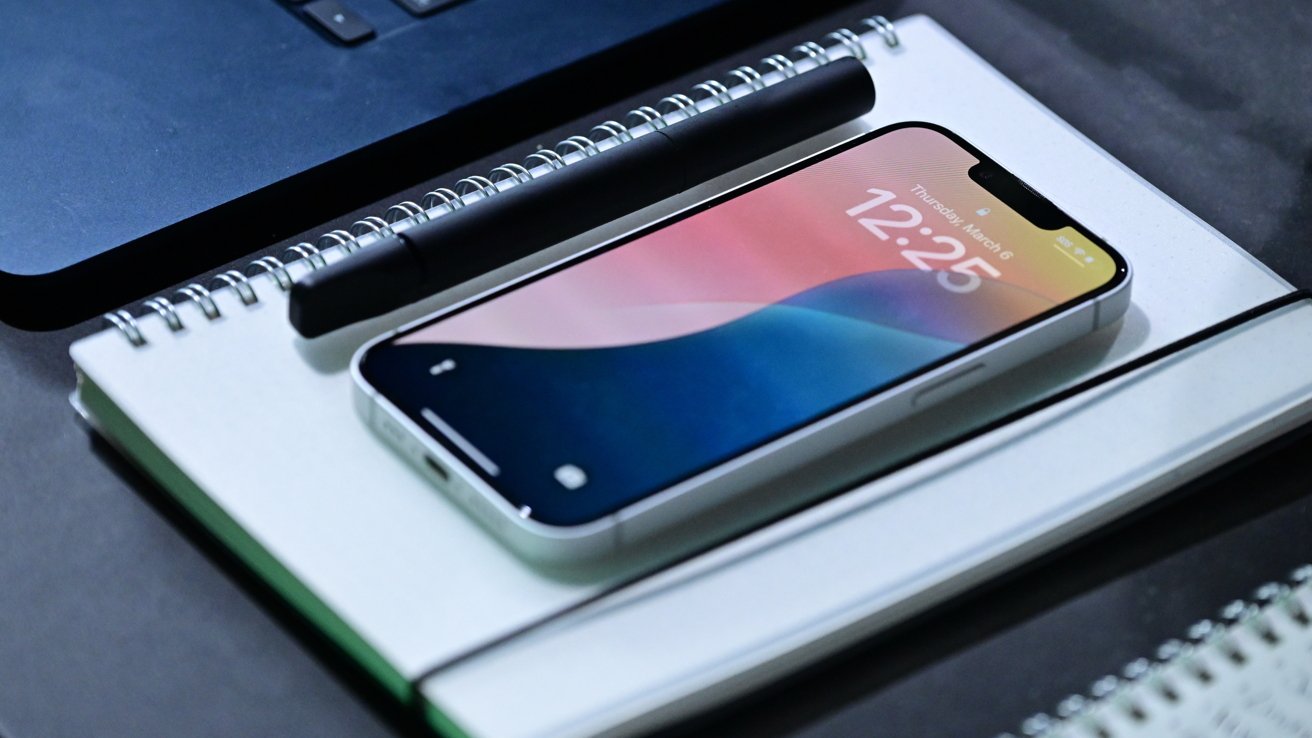

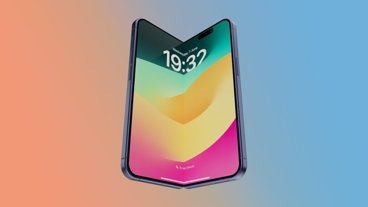

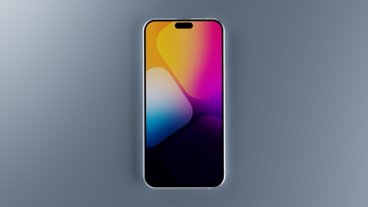
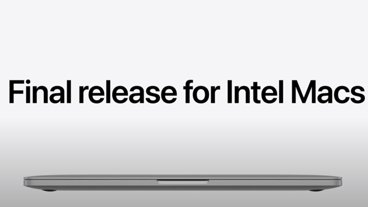

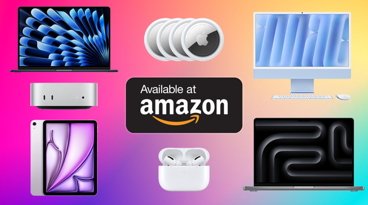

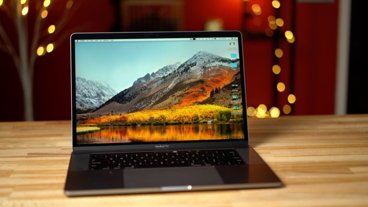
-m.jpg)
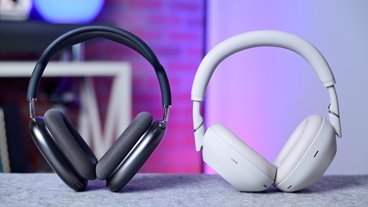
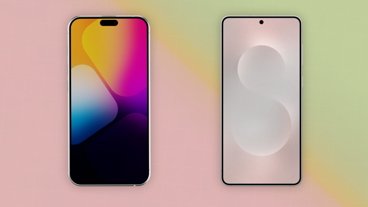
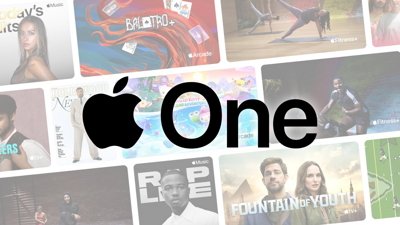
 Malcolm Owen
Malcolm Owen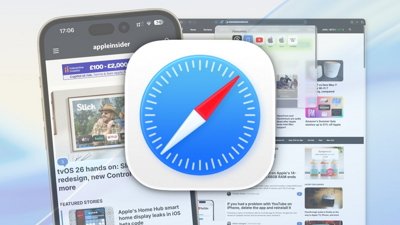
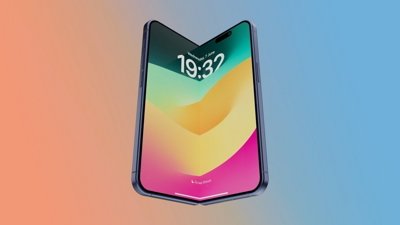


 William Gallagher
William Gallagher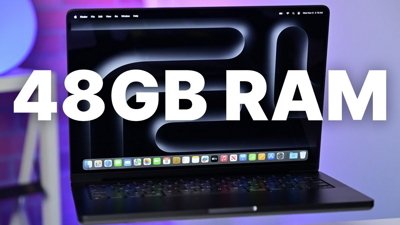
 Christine McKee
Christine McKee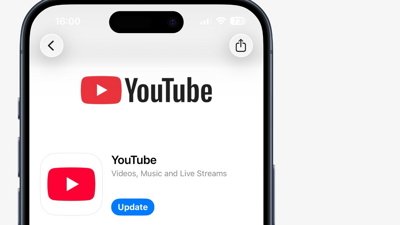
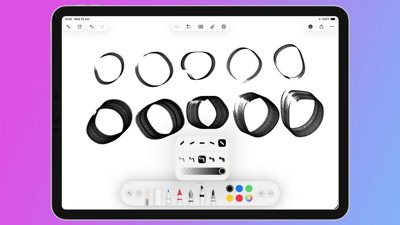
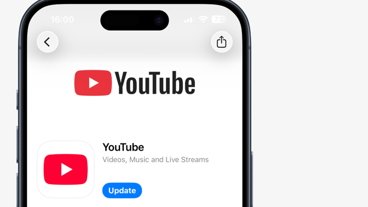
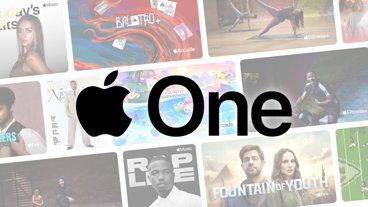
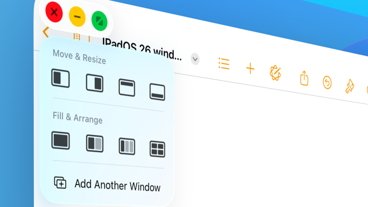




4 Comments
Yup. Not a surprise.
A lot of sturm and drang among the investorati and mediarati for AI turning over the market, but that's investor money flashing in front of their eyes. For the mass market consumers? AI is next generation auto-complete or next generation search, after a very long period of stagnation, and that type of stuff doesn't really matter to mass market consumers, such that they will spend more money on it, change their habits for, etc.
Moreover, AI is mostly a web-service. Why would it drive hardware upgrades in consumer devices?